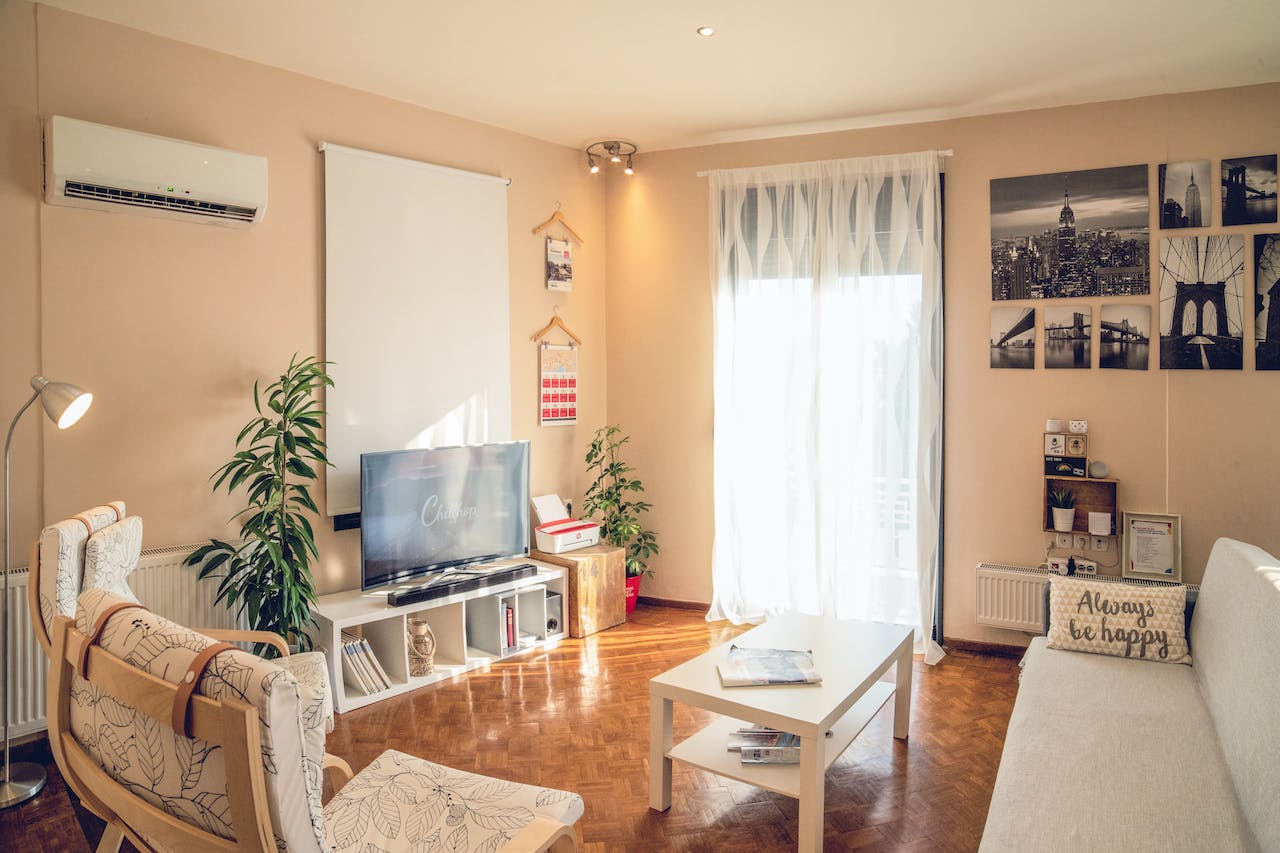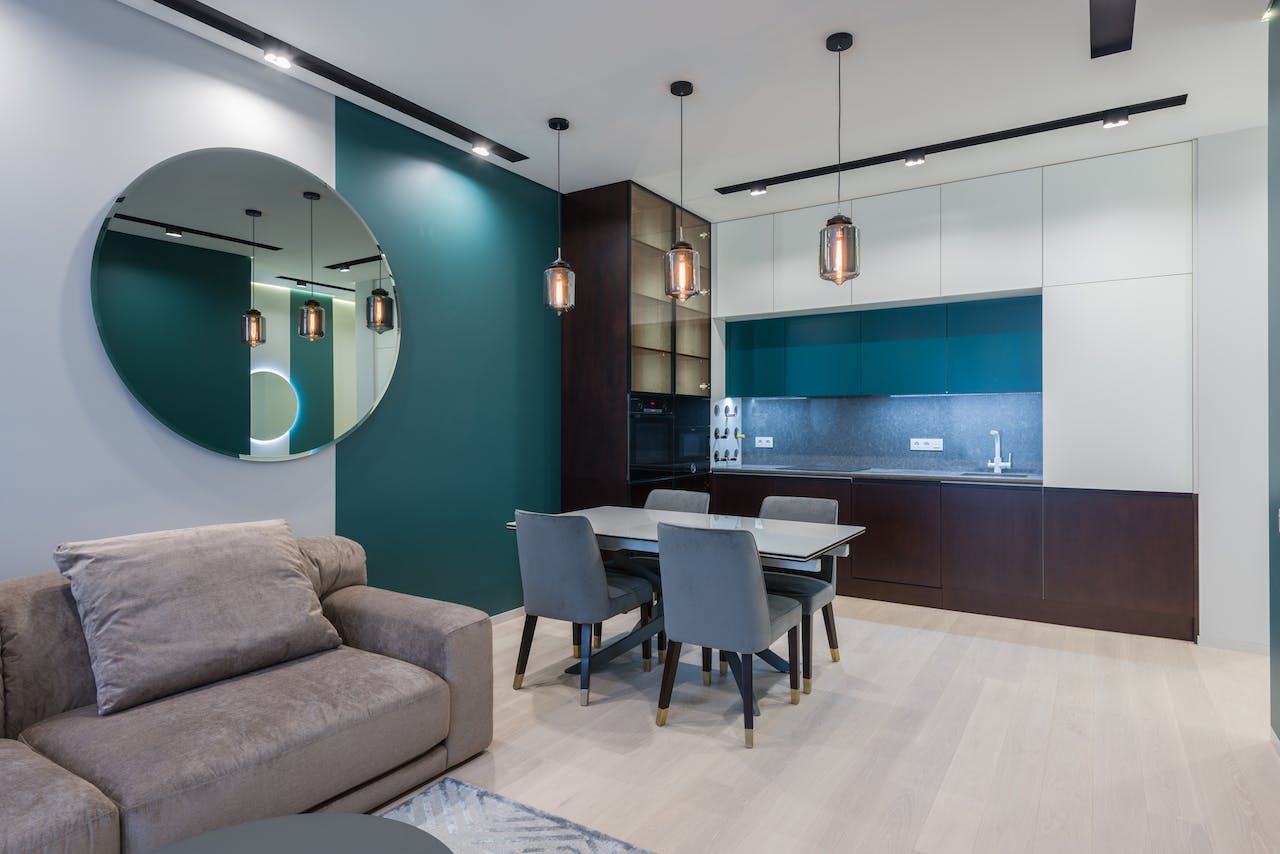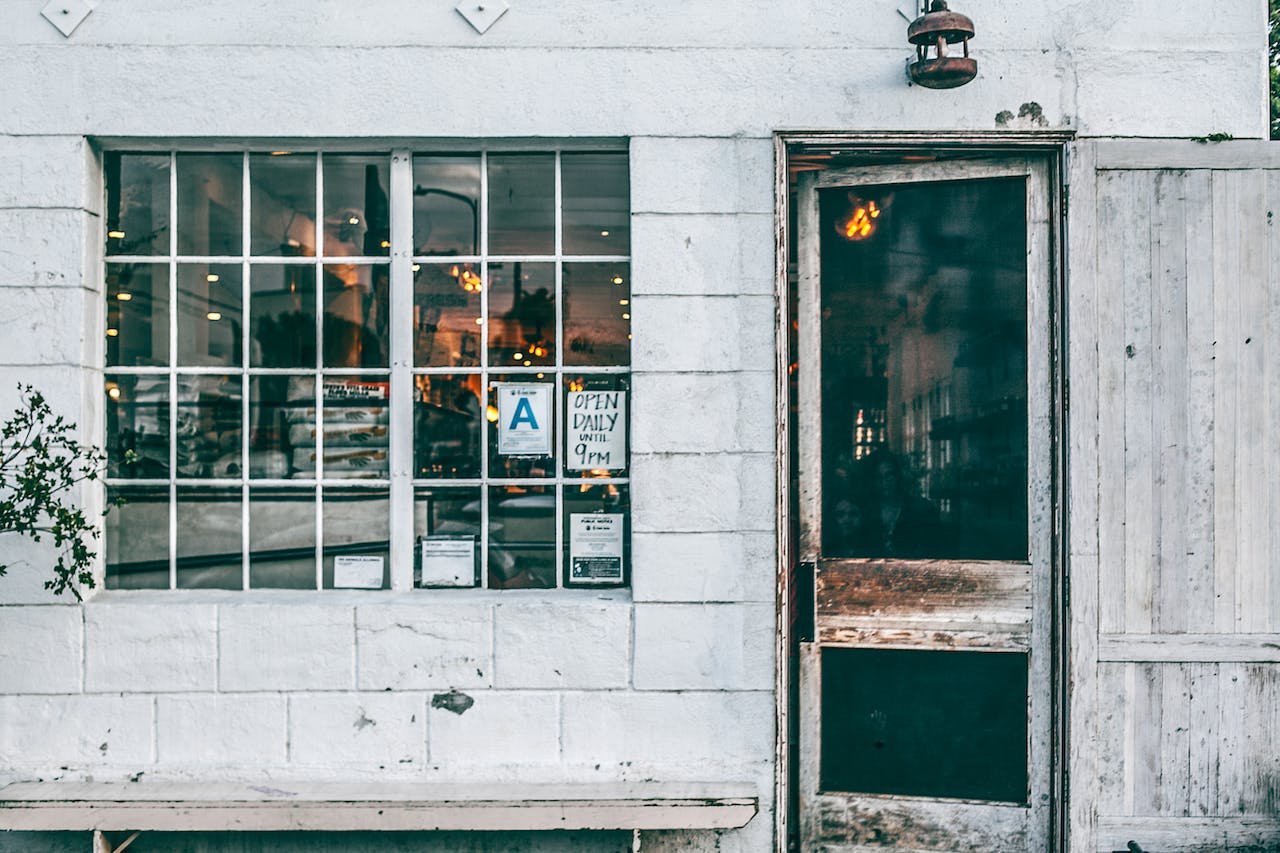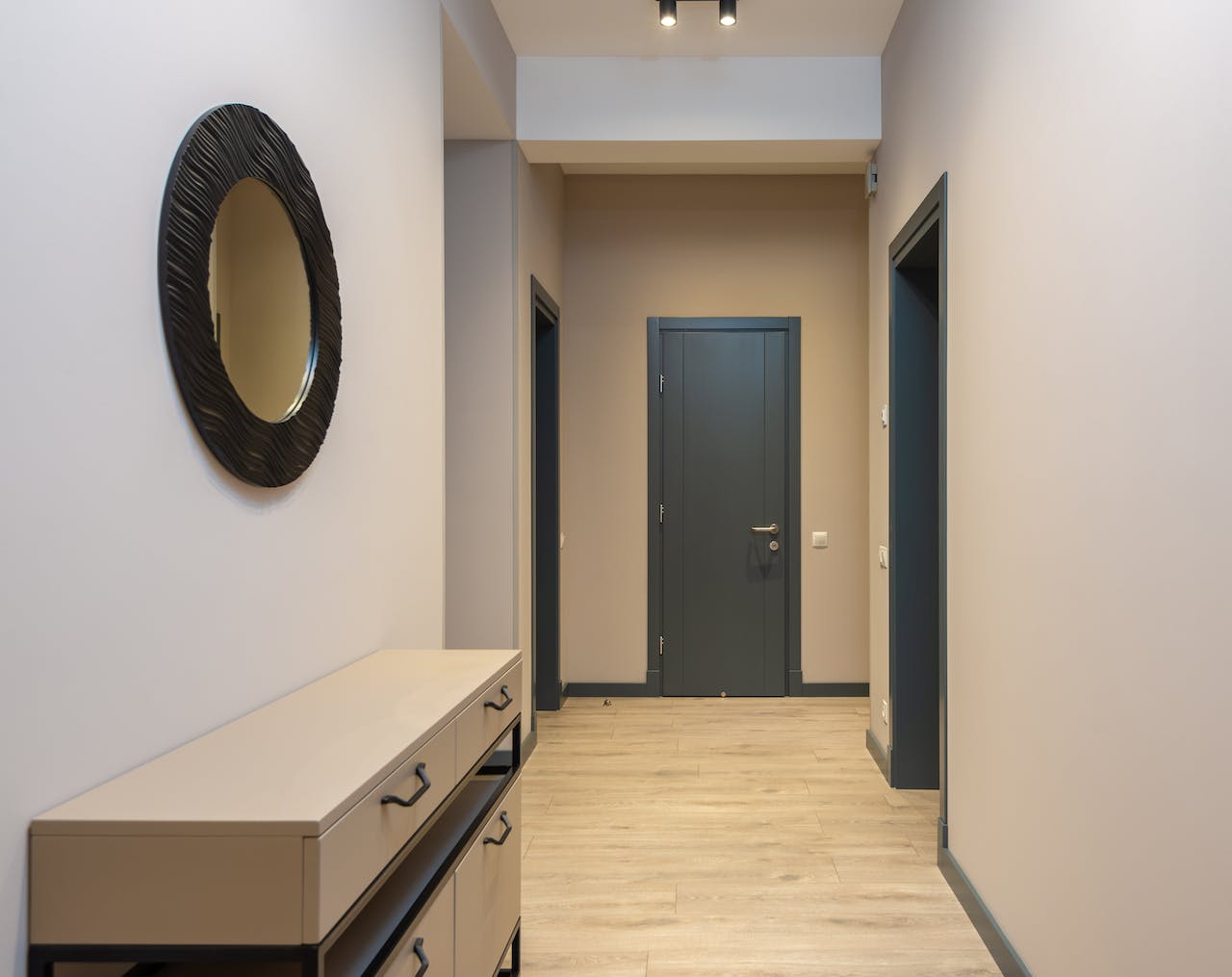Occupancy rates not only gauge the performance of a vacation rental property but also significantly impact profitability. Especially in the short-term rental market, where fluctuations are more pronounced, achieving optimal occupancy rates can be challenging yet rewarding. This comprehensive guide is designed to provide vacation rental owners and managers with actionable strategies to boost their occupancy rates, ensuring sustainable growth and increased bookings.
Understanding Vacation Rental Occupancy Rates
Occupancy rate, in the context of vacation rentals, refers to the percentage of available nights that are booked by guests. This key performance indicator (KPI) is crucial for assessing the health and profitability of a rental property. High occupancy rates generally indicate strong demand and effective rental management, whereas low rates could signal issues with pricing, marketing, or property appeal.
These rates are often compared with short-term rental occupancy rates, which cover a broader spectrum, including properties rented out for shorter durations and more transient stays. The distinction is subtle yet important, as the strategies for optimising these rates can vary based on the type of rental.
Various factors influence vacation rental occupancy rates. Location is a primary determinant; properties in popular tourist destinations or business hubs tend to have higher occupancy. Seasonality also plays a significant role; for instance, beachfront properties might see peak occupancy in summer, while ski lodges thrive in winter. Other influencing factors include pricing strategies, the quality of the property, and the effectiveness of marketing efforts.
Benchmarking: What Is the “Average Vacation Rental Occupancy Rate”?
Benchmarking against industry standards is vital for vacation rental owners to understand their property’s performance. The “average vacation rental occupancy rate” varies based on several factors, including location, property type, and market trends. For instance, a luxury villa in a high-demand tourist destination might have a different average occupancy rate compared to a budget apartment in a quieter region.
Understanding these benchmarks allows owners to set realistic goals and identify areas for improvement. For example, if the average occupancy rate in a particular region is 70% and a property is consistently at 50%, this discrepancy can prompt a deeper analysis into pricing, marketing, or property amenities.
Regional variations significantly affect these averages. In tourist hotspots, average rates might be higher due to consistent demand. Conversely, in areas with less tourist traffic or higher competition, average rates might be lower. Seasonal impacts are also pivotal; some properties might have near 100% occupancy during peak seasons and significantly lower rates off-peak.
Using industry benchmarks to assess performance involves more than just comparing numbers. It requires a comprehensive understanding of the market dynamics, competitive landscape, and unique attributes of the property. This approach helps in identifying not just how a property is performing in relation to averages, but also in uncovering underlying trends and opportunities for improvement.
Streamlining the booking process and maximizing direct bookings can significantly enhance occupancy rates. Platforms like Hospiria help in managing bookings from various online travel agents while consolidating them into one platform for centralized management

Strategies to Maximise Occupancy Rates for Vacation Rentals
Maximising occupancy rates is a multifaceted task involving several strategic approaches. Initially, optimising listing and marketing strategies is crucial. A well-presented, accurately described rental with high-quality photographs can significantly increase its appeal. Equally important is ensuring that the property is listed on the right platforms, including popular Online Travel Agencies (OTAs) and niche rental websites catering to specific audiences.
Pricing strategies are pivotal in influencing occupancy rates. Setting competitive yet profitable prices requires understanding the market dynamics and the property’s unique selling points. Implementing seasonal pricing, offering discounts for longer stays, and being responsive to market demand are effective ways to attract more bookings. Moreover, adopting a flexible cancellation policy can make a listing more appealing, especially in a market that values flexibility.
Guest experience is another critical factor. Satisfied guests are more likely to leave positive reviews, recommend the property to others, and return for future stays. Enhancing guest experience can involve offering personalised services, ensuring seamless communication, and maintaining high standards of cleanliness and comfort. Small touches like a welcome basket or a local guidebook can make a significant difference.
Leveraging Technology to Improve Occupancy Rates
In today’s digital age, leveraging technology is essential for improving occupancy rates. Tools like Autohost.ai offer innovative solutions for optimising rental operations. These technologies help in automating tasks, analysing market data, and managing bookings more efficiently. Integration with Property Management Systems (PMS) streamlines operations, from booking management to guest communication, making it easier to handle multiple properties or large volumes of guests.
Technology also plays a crucial role in data analysis and decision-making. By analysing booking trends, market prices, and guest feedback, vacation rental owners can make informed decisions to enhance their occupancy rates. Technologies that offer insights into market trends, competitor pricing, and guest preferences can guide owners in adjusting their strategies effectively.
Dynamic Pricing: A Key Tool for Maximising Occupancy
Dynamic pricing is a strategy that adjusts rental prices in real-time based on market demand, competitor pricing, and other external factors. This approach ensures that the property is priced optimally to attract bookings without leaving money on the table. For example, prices can be increased during peak tourist seasons or major local events, and decreased during slower periods to maintain competitive advantage.
The benefits of dynamic pricing include maximising revenue during high-demand periods and increasing occupancy during off-peak times. Implementing this strategy effectively requires a good understanding of the market and access to real-time data, which can be facilitated by dynamic pricing tools and software.
Marketing Tactics to Boost Vacation Rental Occupancy Rates
Effective marketing is essential in increasing the visibility and appeal of a vacation rental. A strong online presence, through a well-designed website and active social media accounts, can significantly increase a property’s reach. Engaging content, such as virtual tours, guest testimonials, and updates about local events, can enhance the attractiveness of the listing. Social media platforms, when used effectively, can create a community around the property, engaging past and potential guests and increasing the likelihood of repeat bookings.
Utilising online travel agencies (OTAs) is another effective marketing strategy. These platforms have extensive reach and can expose the property to a larger audience. However, it’s important to manage OTA listings strategically, ensuring that the property stands out among competitors. This can be achieved through compelling descriptions, high-quality images, and regular updates to the listing.
Search Engine Optimization (SEO) is also a key component of a successful marketing strategy. By optimising the property’s website and listings for search engines, owners can increase their visibility to potential guests searching online. This includes using relevant keywords, creating quality content, and ensuring the website is user-friendly and mobile-responsive.
Email marketing campaigns can also be a powerful tool. By sending out newsletters, special offers, and updates about the property and surrounding area, owners can keep their property top-of-mind for past guests and leads. Personalization in these communications can significantly increase engagement and booking rates.

Operational Excellence to Drive Higher Occupancy
Maintaining high operational standards is critical for driving higher occupancy rates. This includes ensuring that the property is always in top condition, with regular maintenance and prompt responses to any issues. High standards of cleanliness are non-negotiable, as guest comfort and safety are paramount.
Guest screening and safety are also vital components of operational excellence. Implementing reliable guest screening processes helps in maintaining the property’s integrity and ensuring the safety of the neighbourhood. This aspect not only protects the property but also enhances its reputation, as guests are more likely to book a rental they perceive as safe and well-managed. Autohost.ai can assist in this process by providing robust guest screening solutions, ensuring that hosts can confidently welcome guests.
Efficient property management strategies are integral to driving occupancy rates. This includes everything from rapid response to guest inquiries and seamless check-in/check-out processes to effective housekeeping schedules. Streamlining these operational aspects not only improves the guest experience but also minimises downtime between bookings, allowing for higher occupancy rates.
Technology plays a pivotal role in operational excellence. Utilising property management software can help in automating tasks, scheduling maintenance, and managing bookings more efficiently. Integration with Property Management Systems (PMS) also aids in consolidating all operational aspects in one place, making management smoother and more effective.
Conclusion
In conclusion, increasing occupancy rates for vacation rentals is a multifaceted endeavour requiring a blend of strategic approaches. From dynamic pricing and effective marketing to leveraging technology and maintaining operational excellence, each element plays a crucial role in attracting and retaining guests. The integration of tools like Autohost.ai simplifies these processes, making it easier for property owners and managers to optimise their strategies and achieve their business goals.
As we’ve explored, understanding and implementing these strategies can significantly enhance the performance and profitability of vacation rental properties. It’s about staying ahead in a competitive market, adapting to changing guest preferences, and continuously seeking ways to improve.
If you’re looking to elevate your vacation rental business and maximise your occupancy rates, remember that it’s a journey of ongoing learning and adaptation. Embrace the tools and strategies discussed, and watch as your property reaches new heights of success.
































